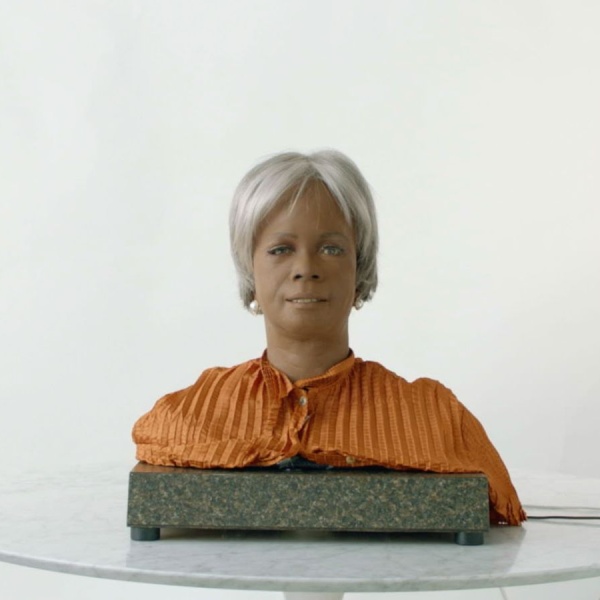UPDATE: Thursday preview shows grossed a staggering $10.3 million. That would normally suggest a Friday total (including both days) of $25 million or more, and a weekend of at least $60 million. The preview figure is even more impressive for non-summer, non-holiday play. It is nearly as much as “Oppenheimer” (with premium screen price boosting that) in July. The question now is how the clearly large legion of fans respond. If they like it more than its scathing reviews, it could go higher.
On the Friday before Halloween, Blumhouse’s $20 million “Five Nights at Freddy’s” (Universal) will open in more than 3,500 theaters — the same day it will be available for streaming on the studio’s Peacock. Despite that home availability, it’s projected to open to $50 million or more with an average ticket price around $11. Peacock costs $11.99 for the no-ad option ($5.99 with ads).
Will that tracking hold now that reviews are out, and they’re horrific (29 Metacritic score)? It might discourage some viewers and quickly affect word of mouth.
But for now: What gives?

Peacock has 28 million U.S. subscribers. Netflix, Max, and Disney+ have two to three times as many. Apple TV+ doesn’t reveal its subscribers, but its reach extends to other services, PVOD, bundles, and promotions. Its programming also suggests an audience aimed more at Scorsese fans than those interested in horror.
Last weekend saw the premiere of Paramount release “Killers of the Flower Moon,” an Apple production that, after a reported minimum of 45 days as a theatrical exclusive, will stream exclusively on the service. Could Apple have grossed the same $23 million while available at home?
We can’t know with certainty, but all indications suggest that Scorsese’s film wouldn’t have that option. At 3 1/2 hours, it would likely drive some measure of would-be theatergoers to the comforts of the couch. There’s also a strong likelihood that, had Apple gone day-and-date, theaters would not show the same cooperation to Paramount that they did to Universal. Having a streaming giant attached to a film still raises more exhibitor resistance to a release. Universal is a year-round major supplier to theater-only titles (“The Super Mario Bros.,” “Oppenheimer”) and exhibitors regard it with more goodwill.
There’s also the matter of audience, with horror films skewing younger than Scorsese dramas. (That said, “Flower Moon” saw a decent draw for 35 and under.) Minorities, who comprise close to half of the box office over the course of the year, are major horror fans. The opening weekend of “Saw X” was only 30 percent white; “Flower Moon” was 60 percent.
Universal is not hiding its Peacock same-day release, but its marketing emphasis remains on theatrical. Audiences don’t often see this strategy (although Universal used it for the last two “Halloween” franchise releases, which opened between $40 million-$49 million followed by a quick drop) and many ticket buyers might be unaware of it.
Or — they might prefer to see a horror movie in theaters on the weekend before Halloween. Horror films generally lend themselves to the shared experience that theaters can offer. Seeing a scary movie in the dark outside the comfort of home is a different and superior experience.

If “Freddy’s” does well, possibly its most encouraging aspect would be another successful film that isn’t a franchise (yet). It’s based on a popular first-person survival video game from independent publisher ScottGames and would continue the year’s most important trend: Take a familiar cultural figure (“Barbie,” “Super Mario Bros.,” throw in Taylor Swift while we’re at it) and give it a new lease on life.
Of note is with a $50 million opening, “Freddy’s” would nearly double the gross of “Exorcist: The Believer” earlier this month. The 1973 “The Exorcist” is (adjusted to current prices) the biggest hit in the history of Warner Bros., but this reboot fell far short of expectations.
It’s possible that a “Freddy’s” day-and-date success might inspire other studios to follow suit, but Warner Bros. repeatedly made clear that it won’t open films same day on Max. Disney seems to prefer a minimum 45-day window before any home play and longer for streaming.
Paramount hasn’t done same day since Covid and is on record with maintaining a minimum a 45-day window. Still: For theaters, it may be unsettling to see Universal do this since it looks like a flashback to pandemic thinking.







